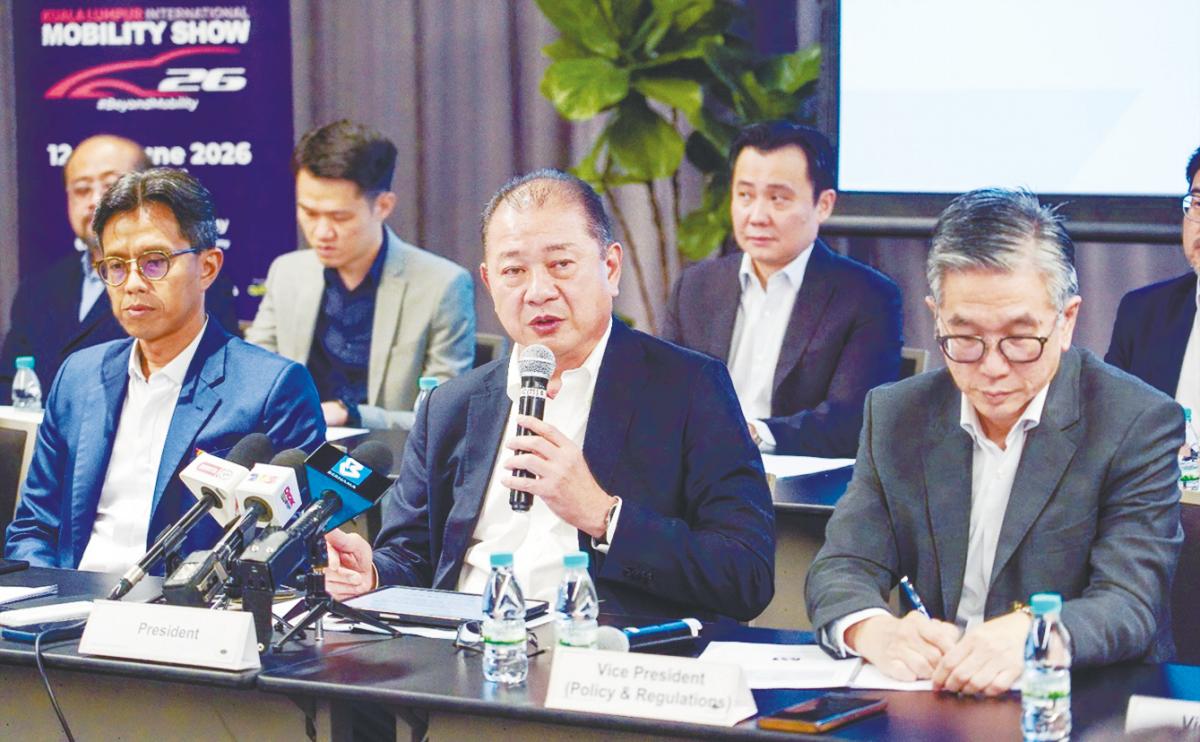KUALA LUMPUR: The penetration of xEVs in Malaysia is projected to reach 9.6% by the end of this year, driven by the launch of new models and increased consumer interest.
Malaysian Automotive Association (MAA) president Mohd Shamsor Mohd Zain said xEVs accounted for 8.6% of total vehicle sales in the first half of 2025.
“We’ve already achieved around 8.6% xEV penetration in the first half of the year. We’re projecting to close the year at approximately 9.6%, supported by the introduction of new models,” he said in a press conference today.
xEV is a collective term for all types of electric vehicles, including hybrid electric vehicles (HEV), plug-in hybrid electric vehicles, battery electric vehicles and fuel-cell electric vehicles.
However, Mohd Shamsor cautioned that if EV-related subsidies are discontinued, the industry could see a spike in last-minute purchases towards the end of the year, followed by a prolonged slowdown.
“In the long run, the outlook would be very bearish,” he warned.
Mohd Shamsor drew parallels to the introduction of HEV about 15 years ago.
“They essentially disappeared from the market for a period until manufacturers developed local assembly capabilities,” he said, adding that local production requires significant planning and cannot be implemented overnight.
“This is why we’re advocating for a longer-term, consistent policy direction,” he emphasised.
Commenting on the potential removal of RON95 fuel subsidies, Mohd Shamsor said it could have a similar impact on the auto industry as the earlier adjustments to diesel subsidies. “On the flip side, it could also prompt more serious consideration of hybrids and EVs.”
Mohd Shamsor also addressed the current wave of heavy discounting in the domestic car market.
“Discounting may help in the short term, but it’s not healthy in the long run, especially for consumers,” he said.
Excessive discounts reduce vehicle resale values, affecting early adopters the most, according to him.
“It creates an unsustainable sales environment. Promotions are necessary to attract buyers, but they shouldn’t be overdone,” he said.
Currently, fully imported EVs enjoy import and excise duty exemptions until December this year, while locally assembled EVs benefit from additional tax incentives until 2027. EV owners are also exempt from road tax until the end of 2025, with further incentives offered for home charging infrastructure and industry investments.
However, many of these incentives are approaching their expiry, and the MAA is urging the government to extend them to maintain industry momentum.
“We’re hopeful that the current subsidies and incentives will be continued. This would allow the industry to plan and support the government’s goal of achieving 15% EV penetration by 2030,” Mohd Shamsor said.









